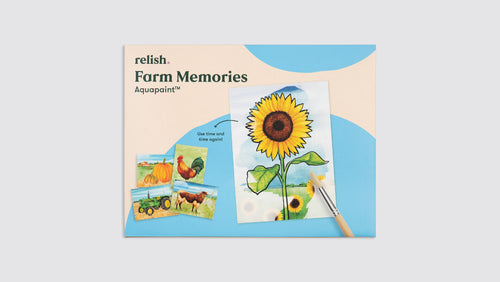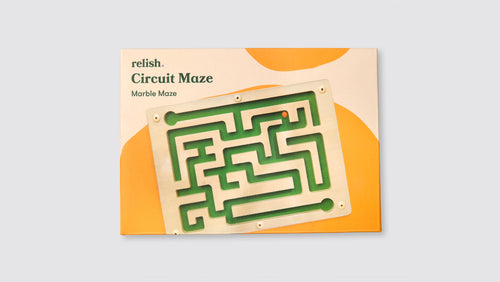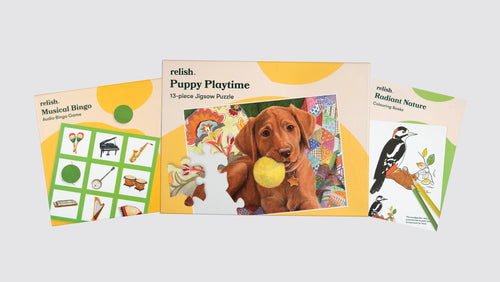Learning and staying active are fundamental ways to improve confidence, mental wellbeing, and quality of life as they can provide purpose. After diagnosis, it is vital to keep the person with dementia busy and feeling fulfilled. As the condition progresses, it can be more challenging to focus and learn, so having a routine early can help add structure that they find familiar. Additional benefits of having a routine that incorporates engaging activities for a loved one with dementia can include stimulating the brain, providing them with focus and helping them to feel a sense of achievement and not to feel like a burden. Keeping busy and adding a routine doesn’t need to be tedious. It can include:
Physical activities
Physical activity can have lots of benefits. It can help to regulate sleep and prevent restlessness and sleeplessness in the evening. It can also help to maintain a positive mood and lower the risk of developing depression.
1. Dance
Dancing is a great way to express yourself and build community and confidence. Is there a particular type of dance that you would like to pursue? Look at your local town hall to see if they host a class or dance evening.
2. Tai Chi
Tai Chi has many benefits, including reducing stress, anxiety and depression whilst improving mood. It is also good for breathing, which is excellent for lowering blood pressure.
3. Yoga
For hundreds of years, many generations have practised yoga for its benefits that affect the mind, body and soul. Yoga can help improve bone strength, sleep, anxiety, and depression. Yoga can be started at any age and practised from the comfort of your own home. Discover classes online or locally.
4. Swimming
Swimming is an excellent form of physical exercise. Have a look at what local groups you can join or if there is a wild swimming group that allows you to swim in nature!
5. Gardening
Gardening can help with overall better health, strengthening bones, balance, and mental health! It is a simple exercise that will allow you to express your creativity in nature.
6. Fishing
Spend time in nature whilst fishing. It is a stress-releasing activity that is great to do with friends or on your own.
7. Walking
You can find many walking groups in your local area where you can meet for a walk and some lunch. Walking is a great way to get your heart rate up and improve balance.
Arts and crafts
Creativity can help stimulate the brain, maintain a positive mood, and allow self-expression.
8. Painting classes
This can be a great way to meet new people or a new skill. Try our Aquapaints for a relaxing activity that you can do at home.
9. Pottery workshops
Pottery is an excellent sensory activity that also provides a learning opportunity.
10. Poetry
Try writing a poem about the scene outside the window or your favourite things. Remember, it does not always have to rhyme, but just keep writing!
11. Drama groups
Drama is an excellent activity that allows you to step out of your current situation and take on a new role. It also allows you to express your current emotions and meet new people.
12. Create a memory book
Collate all your favourite images, theatre tickets and short stories that you can look through to remind you of happy times or share with family and friends when they visit!
Spend time in nature
Exploring nature is the perfect place to get fresh air and see new things.
13. Bird watching
Relax whilst bird watching and notice how many different birds you have seen. Each bird has unique characteristics, so why not take a notepad to write down what you witnessed?
14. Meditation
Reduce stress and come back to the present moment with meditation. Try to practice every morning to begin the day positively. Read our blog on calm and relaxation for a simple practice.
15. Sit on a bench and enjoy the view
Spend time with a friend in a beautiful place while you watch the world go by. It can be an excellent way to reduce any stress or anxiety. The animal snap game is a great addition to this type of activity!
16. Animal Therapy
Spend time with a pet - animal therapy can help ease anxiety and depression and be fun!
Many local support groups will also have enjoyable events for people with dementia. It can be beneficial to speak with people on the same journey, and the groups can provide the opportunity to learn new skills, such as writing songs.
Make sure that when choosing an activity to do that the person with dementia can participate in and that it should allow them to foster emotional connections with others, encourage creativity and self-expression, and make them feel more engaged with life!
If you are looking for more engaging activities, why not browse our games or activities that can help provide a great way to do something fun with a loved one?
We would love to hear your tips on how to keep learning after diagnosis. Please get in touch so we can share your tips with our community!
















